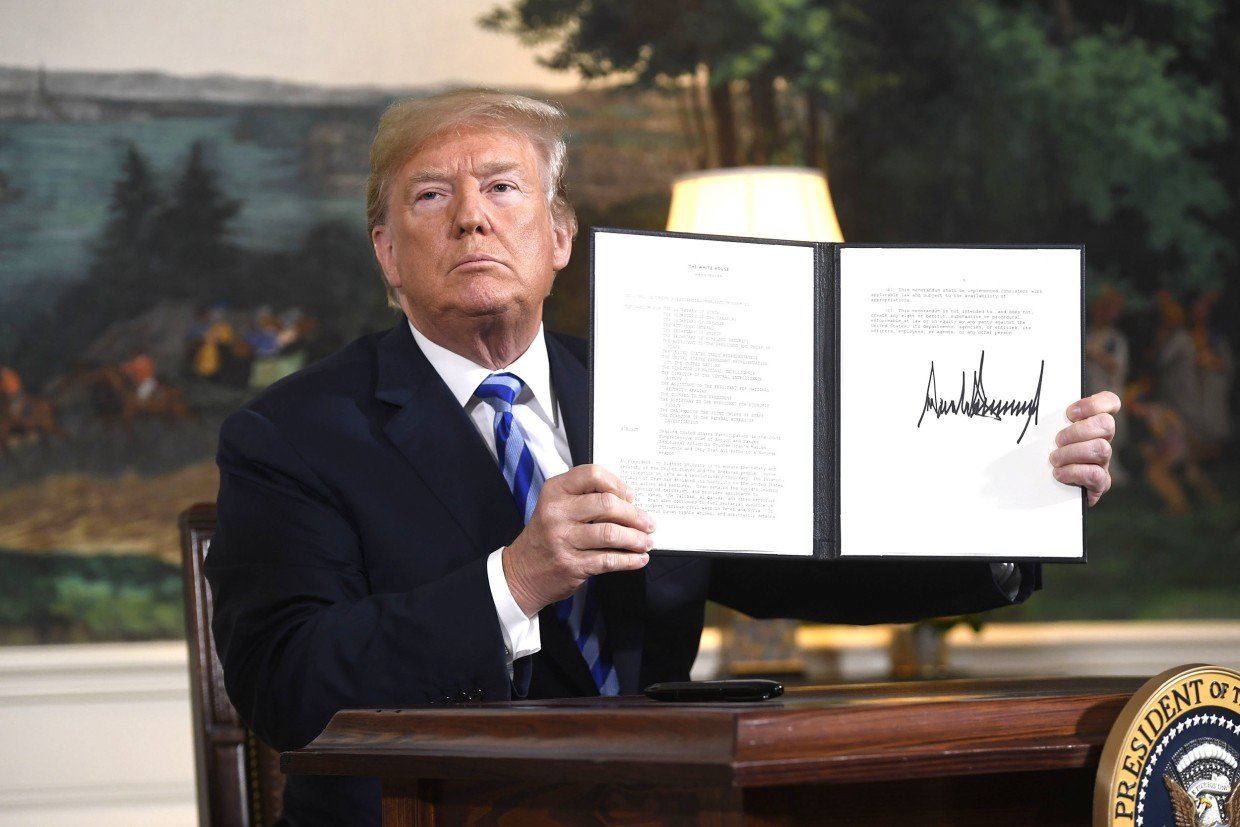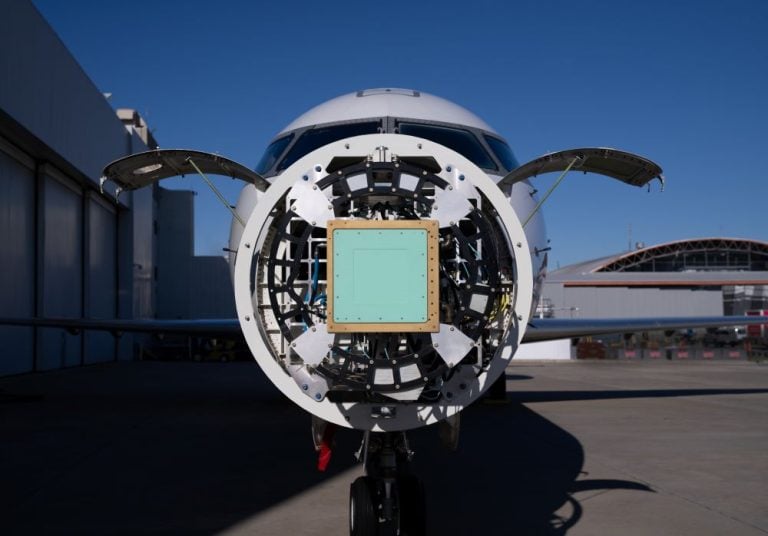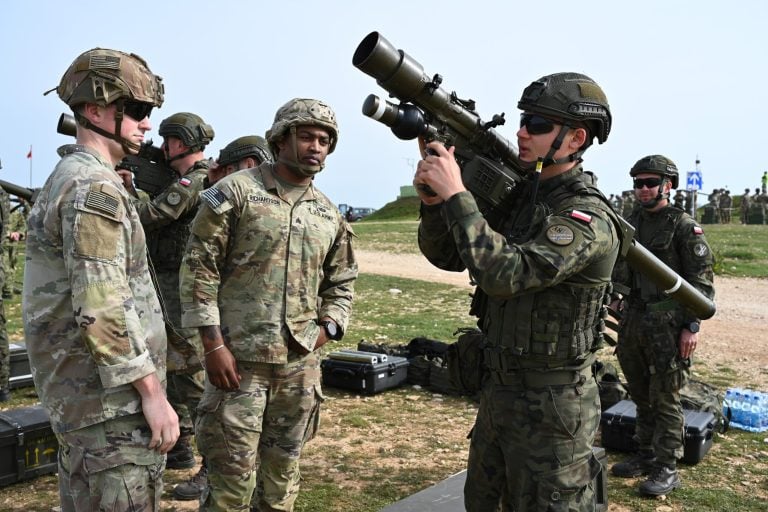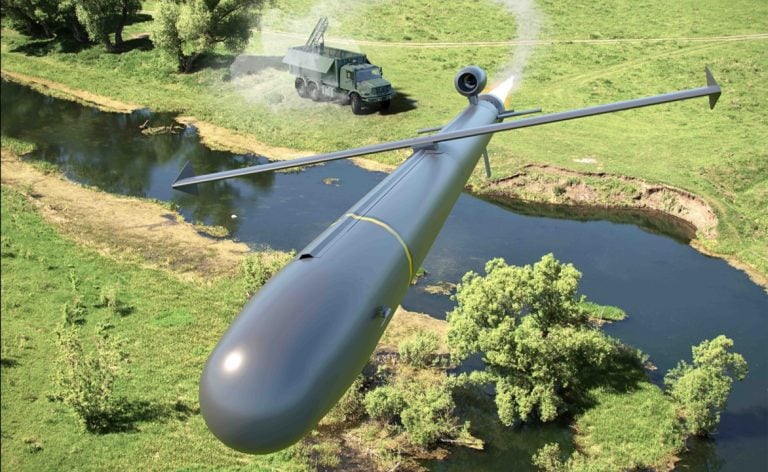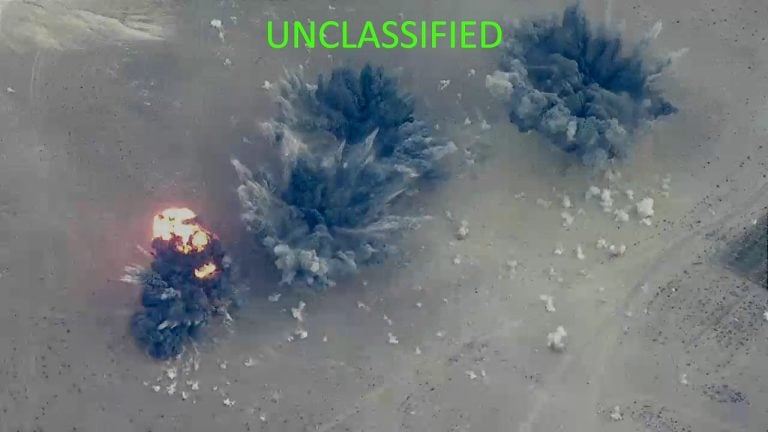In a striking assertion during an airborne press conference, President Donald Trump expressed his desire for “direct talks” with Iran over its contentious nuclear program. This initiative follows his recent threats to take military action against the nation should it advance its nuclear capabilities. Trump’s comments come against the backdrop of escalating tensions, with the U.S. and other Western nations long accusing Iran of seeking to develop nuclear weapons, allegations that Tehran consistently rebuffs, claiming its enrichment activities are strictly for peaceful purposes.
Onboard Air Force One, Trump communicated his belief that direct dialogue could facilitate a quicker understanding between the two nations. “I think it’s better if we have direct talks,” he asserted. He emphasized the advantages of such a strategy over intermediary communications, suggesting that it might help clarify mutual concerns and foster a more effective negotiation process.
Despite Trump’s overtures, Iran’s Foreign Minister Abbas Araghchi articulated earlier that direct discussions would not be possible unless there was a shift in the United States’ stance towards Iran. This encapsulates the enduring complexities in U.S.-Iran relations, which have been further strained since Trump unilaterally withdrew from the 2015 nuclear accord—an agreement that had aimed to curb Iran’s nuclear ambitions in exchange for relief from international sanctions.
Trump has issued what he termed a two-month ultimatum for Iran to agree on a new deal regarding its nuclear activities. He claimed that Iranian leaders may feel vulnerable and expressed a desire for them to seek negotiation. “I think they want to meet,” he suggested, reflecting a belief that circumstances might compel Iran to reconsider its current position.
Earlier attempts at dialogue included a letter Trump reportedly sent to Iran’s Supreme Leader Ayatollah Ali Khamenei, proposing nuclear negotiations while warning of possible military action if Tehran continues its nuclear pursuits. Khamenei, however, responded defiantly, asserting that U.S. threats would be ineffective and indicating that Iran would respond in kind to any aggressive actions.
Furthermore, Trump’s recent rhetoric has included distinctly aggressive language, as he warned of “bombing” if Iran does not halt its nuclear development. This stance comes amidst geopolitical shifts, particularly in the context of recent military actions that have seen Israel target regional adversaries, including the Palestinian militant group Hamas and Hezbollah of Lebanon.
As discussions about Iran’s nuclear ambitions remain fraught with tension, President Trump’s insistence on direct talks presents a new, albeit complicated, chapter in the ongoing saga of U.S.-Iran relations. The coming weeks may prove critical as both nations navigate the possibility of dialogue amid entrenched positions and historical grievances.
